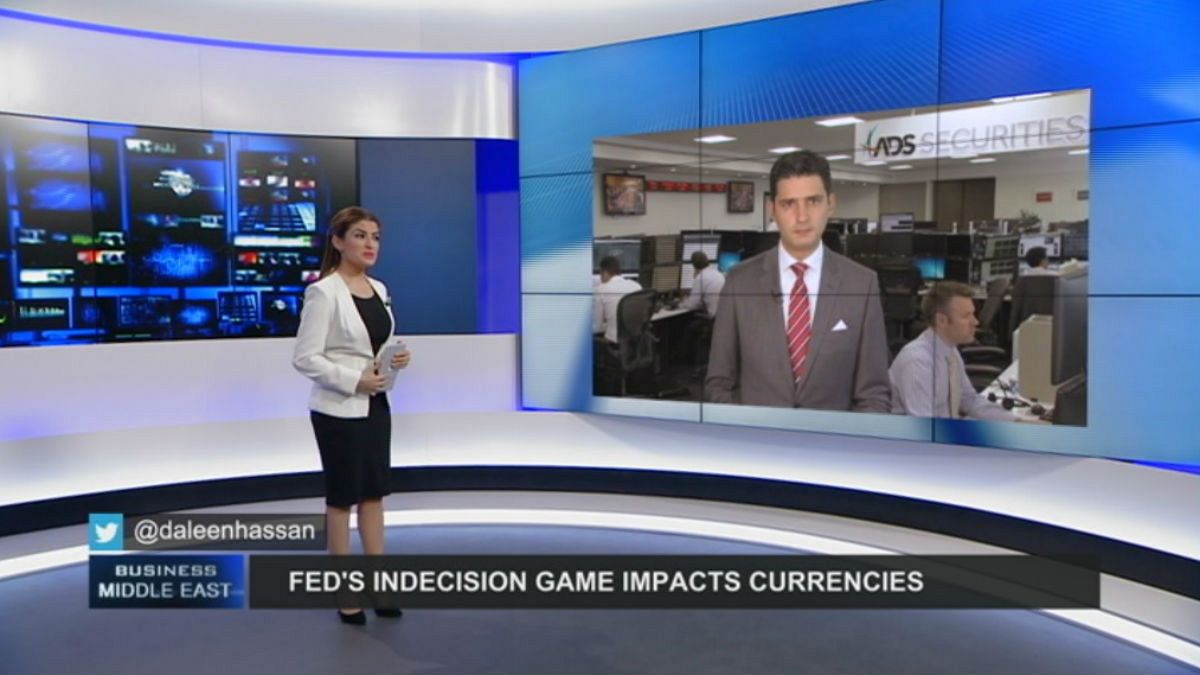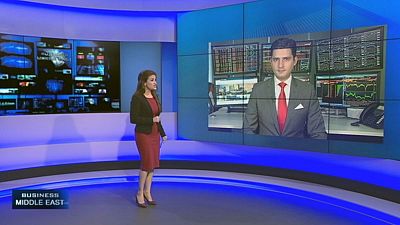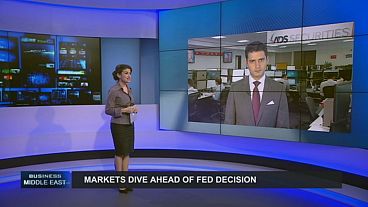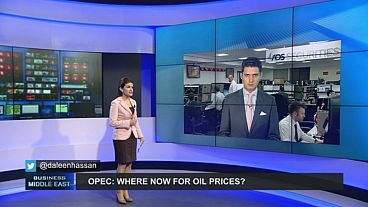The US Federal Reserve continues to be indecisive over interest rates. After its latest meeting the Fed kept the interest rate unchanged, which led
The US Federal Reserve continues to be indecisive over interest rates. After its latest meeting the Fed kept the interest rate unchanged, which led the central banks of Japan and New Zealand to hold off on taking new stimulus measures. So the Fed maintaining monetary policies unchanged has an impact on currency trading trends in the Middle East and globally, particularly this time with the New Zealand dollar and the Japanese yen.
The Fed once again left interest rates unchanged in October, and now attention is already on December’s meeting. The central bank’s overt reference to possibly raising rates in December caught investors by surprise, as did its failure to comment on troubles in overseas economies.
Also notable by its absence was the usual mention of US labour market conditions. All this was interpreted positively by other central banks, particularly the Reserve Bank of New Zealand and the Bank of Japan.
New Zealand kept rates on hold following the Fed statement, putting more pressure on the New Zealand dollar, as it wanted.
On Friday, The Bank of Japan kept the current policy unchanged with no additional QE, which currently stands at 80 trillion yen annually. This has led to a notable rise in the Japanese Yen against the dollar.
Abu Dhabi view
To shed more light on the currency trading trends, Daleen Hassan spoke to Nour Eldeen al Hammoury, chief markets strategist of ADS Securities. Daleen Hassan
“The negative data from the US was not unexpected, so why were investors surprised by the FED statement?”
Nour Eldeen al Hammoury
“From our point of view, the main reason the Fed is insisting on raising rates this year is to defend its credibility. However, anyone looking at the economic releases since the beginning of the year knows that the economy is slowing down noticeably.
“If the Fed had been able to raise rates, as they noted in every single statement this year, they would have done it earlier. But now, the estimates for a rate hike in December have increased significantly, simply because the Fed has mentioned the possibility of taking action in December.
“However, this note has been in the Fed’s statement since the beginning of the year. There is nothing new in it. Therefore, we believe that it’s better to wait for more evidence through the upcoming economic releases before deciding on such action. There are a few weeks left before the meeting in December and the next few weeks will show whether the Fed will be able to raise the rates or hold them for longer.”
Daleen Hassan
“After the central banks’ decisions, how were the currency trading trends globally, and in the Middle East particularly?”
Nour Eldeen al Hammoury
“The Federal Reserve’s decision had a notable positive impact on the US dollar, as estimates for a rate hike in December have increased significantly. We noticed a high demand for the dollar from the Middle East through our trading platforms, leading to a significant decline in the New Zealand dollar and the Japanese Yen.
“However, the US economic releases that came in after the Fed’s decision did not help the US dollar, leading most of the currencies to recover losses incurred immediately after the Fed meeting. Therefore, trading remains choppy and is likely to continue that way here in the Middle East amid ongoing uncertainty about the Fed’s decisions.”
Daleen Hassan
“This week, we have the meeting of the Bank of England and the Reserve Bank of Australia. What’s your forecast for the outcome of those meetings ?
Nour Eldeen al Hammoury
“Our economic tracker for the UK and Australia shows that both economies have been stable since the previous meetings. The economic releases are showing some sort of stabilisation.
“Moreover, the Fed’s decision is likely to give both banks the ability to wait for longer before taking any action in the coming meetings. The Bank of England may hint at an earlier rate hike next year, which may support the British pound. As for the Reserve Bank of Australia, the latest decision by the People’s Bank of China and the Fed’s statement is likely to help the bank to keep the current policy unchanged as well. If so, Australia is likely to keep the current trading range between 0.70 cents and 0.73 cents.”
#USA : les taux d'intérêt maintenus inchangés proches de zéro
— daleen hassan (@daleenhassan) 28 Octobre 2015
Saudi anger at S&P
Saudi Arabia has criticised a decision by a leading credit rating agency to downgrade its debt, describing it as unjustified. Last week, Standard & Poor’s cut its long-term rating by one notch to A+, citing a “pronounced negative swing” in the country’s finances which have been hit by falling oil prices.
On Saturday, the Saudi finance minister called the assessment “reactionary”, insisting the economy remained fundamentally strong and pointing out that the world’s two other major rating agencies view the country more positively. However there is increasing concern about Saudi Arabia’s ability to cope in the long-term should oil prices remain low.
S&P kept its outlook for the ratings negative.
If you have any questions about this story, let us know on social networks. You can follow @DaleenHassan or @NourHammoury on Twitter or use #BusinessMiddleEast
Tweets sur #businessmiddleeast!function(d,s,id){var js,fjs=d.getElementsByTagName(s)[0],p=/^http:/.test(d.location)?'http':'https';if(!d.getElementById(id)){js=d.createElement(s);js.id=id;js.src=p+"://platform.twitter.com/widgets.js";fjs.parentNode.insertBefore(js,fjs);}}(document,"script","twitter-wjs");



